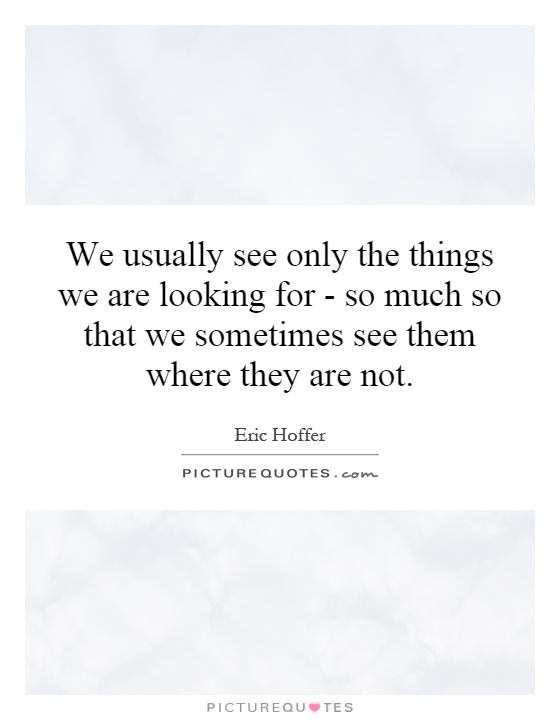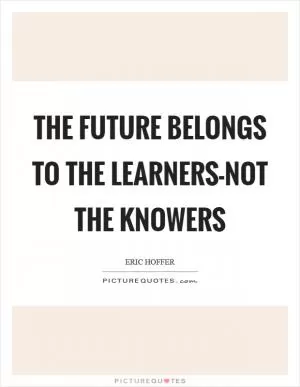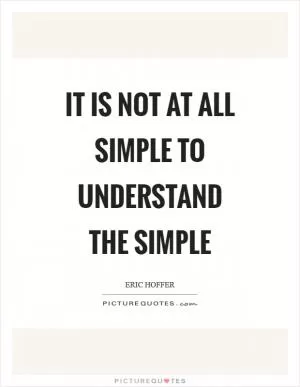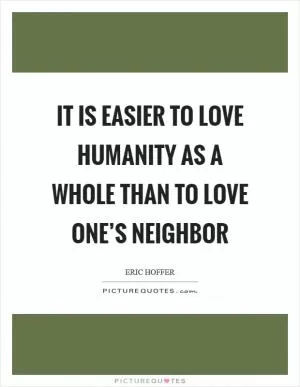We usually see only the things we are looking for - so much so that we sometimes see them where they are not

We usually see only the things we are looking for - so much so that we sometimes see them where they are not
Eric Hoffer, a renowned American philosopher and author, once said, “We usually see only the things we are looking for - so much so that we sometimes see them where they are not.” This statement holds a profound truth that resonates with human nature and perception. Hoffer's words suggest that our minds are often predisposed to focus on specific things, leading us to overlook or misinterpret other aspects of reality.Hoffer's observation can be applied to various aspects of life, including personal relationships, professional endeavors, and societal issues. In personal relationships, for example, individuals may have preconceived notions or expectations about their partners, causing them to only see certain traits or behaviors while ignoring others. This selective perception can lead to misunderstandings, conflicts, and ultimately, the deterioration of the relationship.
Similarly, in the professional world, people may have a narrow focus on their career goals or objectives, leading them to overlook potential opportunities or challenges that could benefit their growth and development. By fixating on a specific path or outcome, individuals may miss out on valuable experiences or insights that could broaden their perspective and enhance their professional success.
Moreover, in the context of societal issues, Hoffer's statement highlights the tendency of individuals to only see what aligns with their beliefs, values, or biases. This selective perception can lead to polarization, division, and the perpetuation of misinformation and stereotypes. By only seeking out information that confirms their existing views, people may inadvertently contribute to the spread of misinformation and the reinforcement of harmful ideologies.












 Friendship Quotes
Friendship Quotes Love Quotes
Love Quotes Life Quotes
Life Quotes Funny Quotes
Funny Quotes Motivational Quotes
Motivational Quotes Inspirational Quotes
Inspirational Quotes